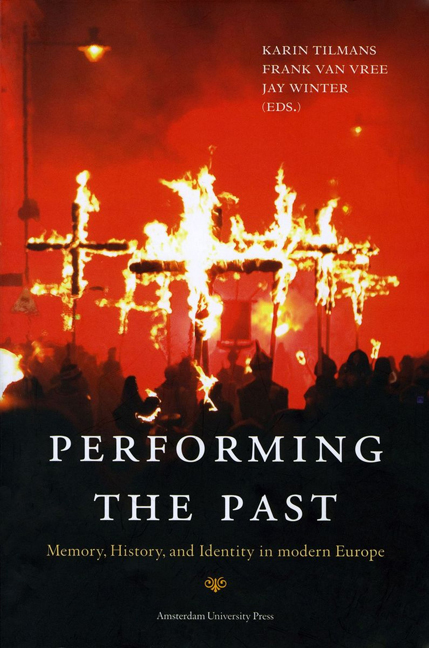Chapter 3 - Repetitive Structures in Language and History
Published online by Cambridge University Press: 15 January 2021
Summary
‘There is something peculiar to these love stories: they always seem to revolve around the same thing, but the way they start and end is so infinitely varied that it is anything but uninteresting to watch them!’ Anyone unable to read this quotation in the original language will miss the Viennese lilt, but they will still be able to guess the author: Johann Nepomuk Nestroy.
The beginning and end of all love stories – or the alpha and omega of every love – are as infinitely different as the number of times lovers find one another and part or are parted. And yet it is always a matter of the same thing: that love which, inspired by the sexual urge, constantly and continuously repeats itself. However variously the sexual urge may be channelled according to ethnic background, however differently it may be organized and shaped by cultural mechanisms, with every new beginning the difference and tension between the sexes invite a repetition without which neither our human race nor its histories and stories would exist.
This brings us straight to the core of our problem. Everyone, as persons finding one another through love, is just as unique as they believe themselves to be: believing that precisely their love is exempt from the burden of history, unmistakable, amazing, unique, or whatever the mutual incantations may be. Behind this lies an anthropological discovery that has gradually mutated during the course of European history. ‘Persona’ once referred, as in the Greek Prosopon, to a predefined typology, a mask that a man must don in order to assume a stage identity. An exchange of roles was conceivable: not, however, a development of character or of the modern persona. It was only the individualized concept of the persona that opened the way for an enlightened yet romantic conception of marriage that was no longer geared primarily to the objective reproduction and maintenance of a domestically defined family, but to the subjective and autonomous self-development and mutual attachment of two individuals through their love. Rites in various cultures draw on the zoological preconditions of sex in very different ways.
- Type
- Chapter
- Information
- Performing the PastMemory, History, and Identity in Modern Europe, pp. 51 - 66Publisher: Amsterdam University PressPrint publication year: 2012



